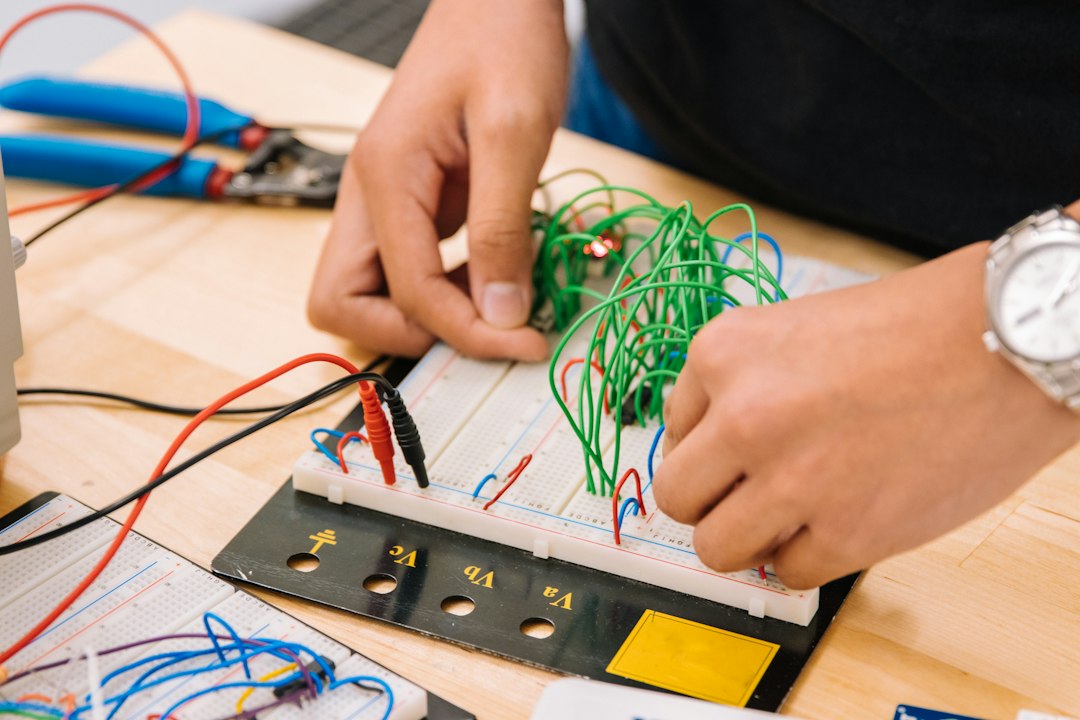Early childhood education plays a crucial role in shaping a child’s future academic success. The impact of receiving quality education at an early age cannot be overstated. Research has consistently shown that children who attend preschool or other early learning programs have higher academic achievement and are more likely to graduate from high school and pursue higher education.
One of the key benefits of early childhood education is that it helps children develop a strong foundation of academic skills. During the early years, children are like sponges, eager to learn and absorb new information. High-quality early learning programs provide a structured curriculum that focuses on teaching children important skills such as literacy, numeracy, and problem-solving. These foundational skills serve as building blocks for future academic success.
Furthermore, early childhood education promotes social and emotional development in children. Preschools and daycare centers provide a structured social environment where children have the opportunity to interact with their peers and develop important social skills such as communication, sharing, and cooperation. Research has shown that children who attend early learning programs are more likely to have better social and emotional skills, which in turn has a positive impact on their future academic achievement.
Another significant advantage of early childhood education is the impact it has on a child’s self-confidence and motivation to learn. When children are provided with a stimulating and nurturing learning environment at an early age, they develop a positive attitude towards learning. They become more curious, motivated, and engaged in their academic pursuits. This early exposure to a positive learning environment sets the stage for a lifelong love of learning and pursuit of academic success.
Moreover, early childhood education helps bridge the achievement gap. Research has consistently demonstrated that children from disadvantaged backgrounds often start school already lagging behind their peers in terms of academic skills and readiness. Early learning programs have proven to be instrumental in narrowing this gap by providing these children with the necessary support and resources to catch up and excel academically. By addressing the achievement gap early on, early childhood education sets the stage for future academic success for all children, regardless of their socioeconomic background.
It is important to note that the impact of early childhood education on future academic success extends beyond primary education. Studies have shown that children who attended preschool or other early learning programs are more likely to complete high school, pursue higher education, and have better job prospects later in life. The benefits of early childhood education are long-lasting and have a significant impact on a child’s overall development and success in life.
In conclusion, early childhood education is a critical factor in determining a child’s future academic success. By providing children with a strong foundation of academic skills, promoting social and emotional development, boosting self-confidence, and addressing the achievement gap, early learning programs play a pivotal role in shaping the trajectory of a child’s educational journey. Investing in quality early childhood education is not only beneficial for individual children but also for society as a whole, as it contributes to a more educated and prosperous future generation.

